Most people think that homemade natural juices are good in any amount, or at least harmless. But this is a myth. The same juice can help in certain cases and harm in others.
That's why we have to be careful. Acidic juices should not be consumed in the case of certain diseases such as ulcer, gastritis, pancreatitis. We're talking about those with orange, lemon, apple, blackcurrant and berries. With their high content of organic compounds, they can trigger an attack.
Diabetics and overweight people should refrain from grape juice. It contains a large amount of glucose and is extremely caloric. Do not overdo it with this juice, because it can cause intestinal irritation.
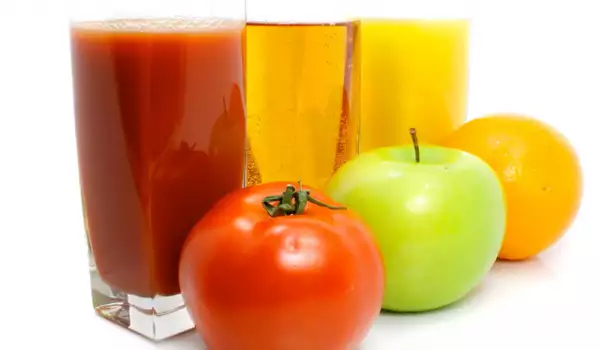
The majority of freshly squeezed juices have a laxative effect. Therefore, if you suffer from an upset stomach, dilute the juice with water or drink it in small sips.
Don't think that in order to absorb the beneficial ingredients of natural juices, you need to consume liters. Experts believe that up to 2-3 glasses per day (depending on the juice) are sufficient.
And yet - let's look at when juices are healthy and when they are harmful.
First of all, it is worth mentioning that freshly squeezed juices from fruit and vegetables complement each other wonderfully, since fruit are richer in vitamins and sugars and vegetables - in mineral salts. They are best absorbed before meals or in the breaks after individual meals.
Be careful with sweet fresh fruit, if you consume them right after a meal, you risk getting a bloated stomach. It is recommended to drink the juices immediately after making them, because even leaving them in the refrigerator reduces their beneficial effect.
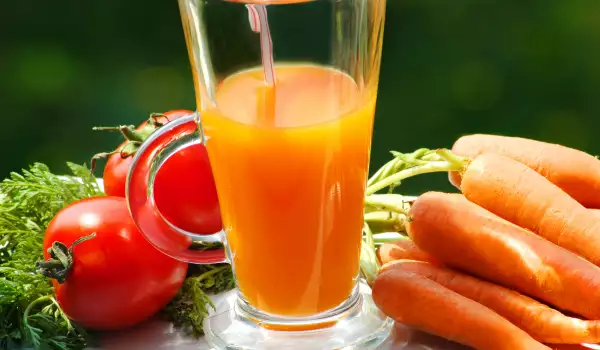
Carrot juice
Carrot juice is highly recommended for children, people with low immunity and skin problems. Its composition is rich in useful substances, among which are the high content of beta-carotene, B vitamins, calcium, cobalt and other useful substances.
You should not abuse this juice. Consuming large amounts of beta-carotene can overtax your liver and your skin can turn an unpleasant yellowish tinge. The recommended dose is half a cup a day. Carrot juice is not recommended for people suffering from ulcers and diarrhea.
Beetroot juice
Beetroot juice is extremely beneficial and its health arsenal is huge. Vitamin C, potassium, iron, manganese are only a small part of its wonderful ingredients. Improves peristalsis of the gastrointestinal tract, a powerful cleanser for the liver and colon.
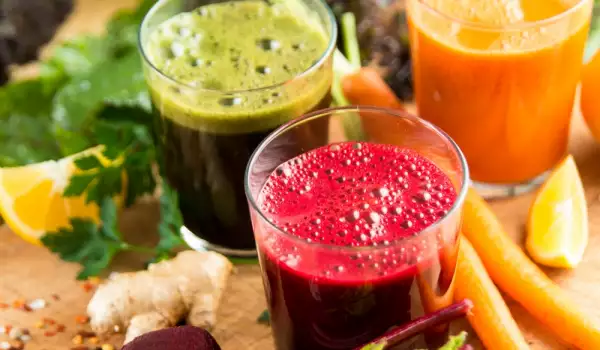
Recommended for people suffering from anemia. Since this juice is very strong, it is recommended to mix it with others - carrots, apple, cabbage or pumpkin and beetroot juice should not exceed 250 ml per day. In case of kidney diseases or ulcers, this juice is contraindicated.
Tomato juice
Tomato juice is very good for pregnant and lactating women and overweight people can consume it freely, because it is low in calories. It is recommended to drink it half an hour before a meal, as it helps digestion. Do not add salt, because you will reduce its healing properties. It is not recommended for people suffering from ulcers, gastritis, pancreatitis and cholecystitis.
Apple juice
This juice is rich in vitamin C, potassium, calcium, magnesium, as well as a huge amount of pectin. It is recommended for people with atherosclerosis, diseases of the bladder, kidneys and liver. Helps to quickly recover from physical exertion. This juice can be drunk in relatively large quantities - up to 1 liter per day. It is contraindicated for gastritis, ulcer and pancreatitis.
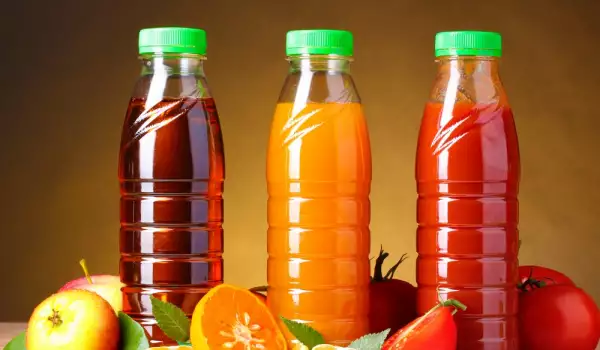

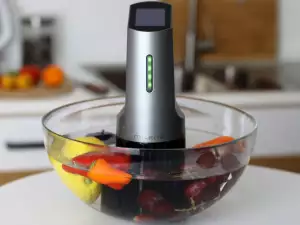
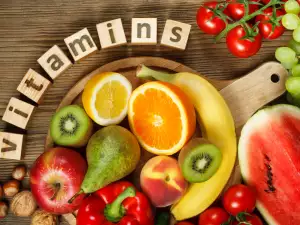
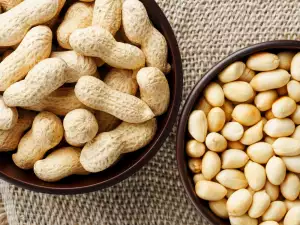
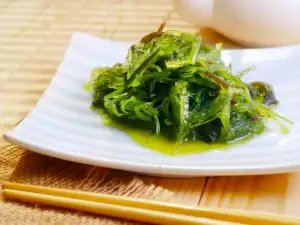
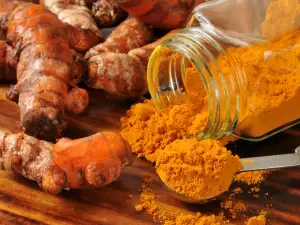
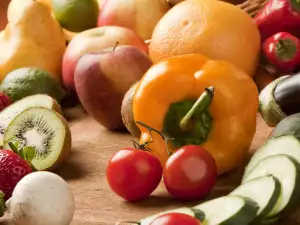
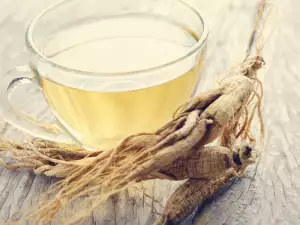
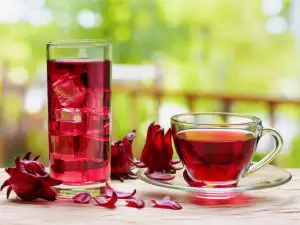
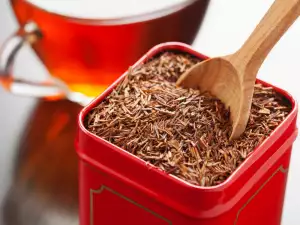

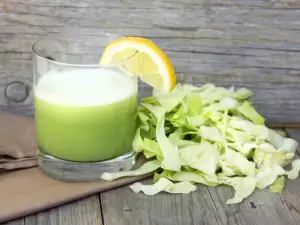
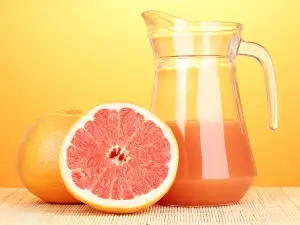
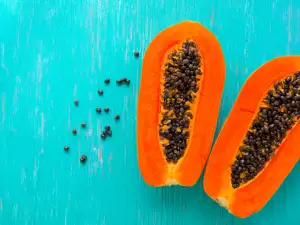
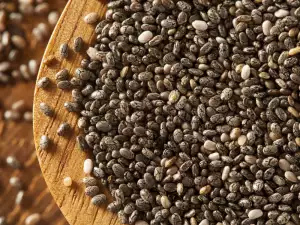




Comments